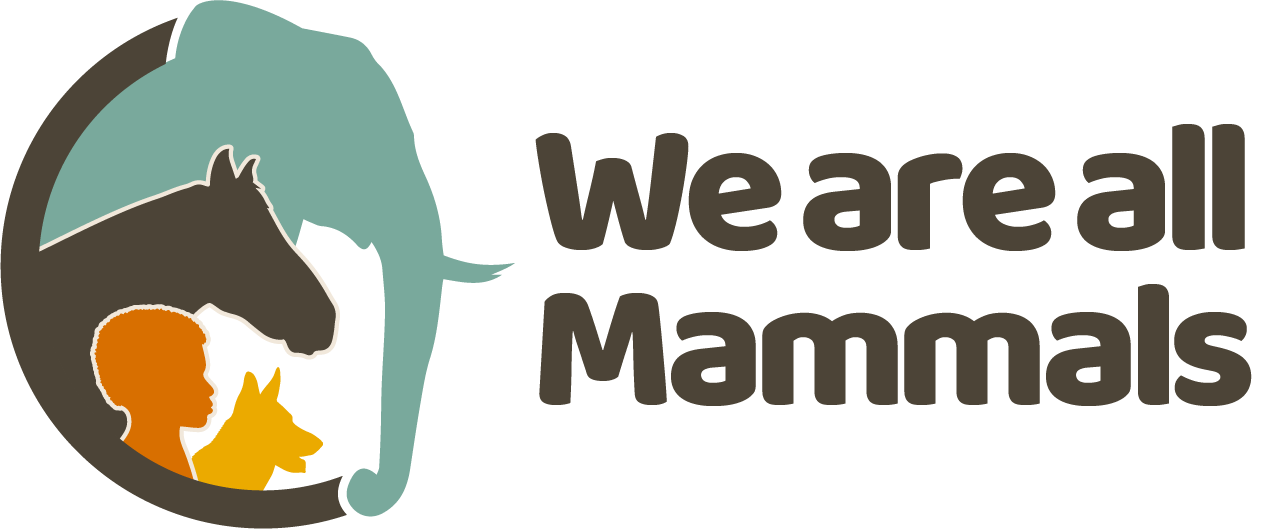Trustees
Marthe Kiley-Worthington
B.Sc. D.Phil M.Phil. Fellow of the Linnaean Society.
Raised in East Africa, Marthe did a B.Sc at St Andrews in Botany and Zoology and returned with a Goldsmith Scholarship to study Waterbuck in the field in Uganda in the 60’s before studying at the University of Sussex for a doctorate in mammal communication. Thereafter she had a series off Post Doctoral fellowships at University of Pretoria, (South Africa), University of Sussex, University of Edinburgh, University of Exeter to help the developing of the science of Animal Welfare. She was awarded at M.Phil (with distinction) from University of Lancaster in Animal Minds. She developed and ran 6 Ecological farms testing ideas and practicality for efficient food production integrated with wildlife management and animal welfare. Awards include: Goldsmith Studentship, Honorary fellowships at Universities of Sussex, Edinburgh, Exeter, Breda Ryan fellowship Girton College Cambridge, post doctoral fellowship at Universities Bristol, Edinburgh & Exeter, Univ California Berkeley, University Colorado. She also won the UN Women's World Summit Foundation award for Creativity in Rural Life, 1998. Marthe has written over 100 scientific papers and 8 books on the behaviour and welfare of horses, cattle, elephants, rhino, zoo and circus animals & animal teaching. A recent autobiography traces the development of ideas on animal welfare and animal human relationships.
Raf Freire
Raf Freire is Professor of Animal Behaviour and Welfare, Charles Sturt University, NSW, Australia
With a background in zoology and experimental psychology, Raf seeks to better understand the effect of human contact on animal behaviour in a broad range of contexts and in a range of species.
In captive animals, the effect of humans is mainly concerned with the effect on animal welfare. For animals involved in reintroduction programs, behaviour is important in predicting the chances of released animals surviving and thriving, and for ensuring that population resilience to environmental change is a central facet of management and pre-release training practices. In wild populations, the behaviour of the animal is often the first line of defence against anthropogenic challenges, and the ability of an animal to respond and adapt in a way that maximises its chances of survival is critical for determining the impact of environmental change.
Outside of research, Raf is currently Presiding Officer of Charles Sturt University’s Animal Ethics Committee, a member of the NSW Animal Welfare Advisory Committee, Deputy Chair of the Fish Animal Welfare Committee of the Australian Society for Fish Biology and on the advisory committee to RSPCA Australia’s technical group. Raf is also Associate Editor of the Journal, Applied Animal Behaviour Science.
Louise Whatford
Louise is a Teaching Fellow in ethics and animal welfare and a postdoctoral researcher in beef and sheep food systems at the Royal Veterinary College. She graduated from the University of Bristol with a BSc in Animal Behaviour and Welfare and holds a PhD from the University of Warwick in epidemiology and microbiology that was interested in increasing our understanding of mastitis in sheep and developing strategies for its control.
This has led to her interest in agriculture, livestock health and welfare and its links to sustainable food production, and interdisciplinary approaches to tackle questions. She is passionate about One Welfare and highlighting the importance of welfare and that its increased inclusion in these larger questions like sustainable food production will help use move to more just and efficient food production for all.
In her spare time Louise enjoys running and being in the outdoors, she hopes one day to have her own flock of sheep.
Chris Rendle
B.Sc. Diploma in Ecological Ariculture, Registered Farrier. Farmer/ Wildlife manager & Qualified Animal Cooperative teacher.
Chris was born and brought up in Cornwall, where he worked on farms around Bodmin Moor. He read engineering at Imperial College London, worked in aeronautical engineering for a year. He did Voluntary Overseas Service , teaching mathematics for 2 years in Ghana , then joined Marthe Kiley-Worthington to learn and work on the development of an ecological farm integrating wildlife conservation with efficient agriculture, and obtaining his diploma in 1978.
For the last 45 years he has been developing and managing Ecological Farms and helping with the research on improved animal welfare, and cooperative teaching with cattle, sheep, guanaco, dogs, horses, elephants and rhino at the Eco-Etho Research Centers in Sussex, Isle of Mull, Dartmoor National Park, The Shamba, Ely, La Combe Drome France, Zimbabwe & Badgworthy Exmoor. He became a qualified farrier 35 years ago. He is deeply interested in the conservation of wildlife and having close cooperative contact with many species. He excels in natural balance farriery, and teaching animals draught work, & holds many major awards in international endurance riding
Angela Kingston
Since 1985, Angela Kingston has curated exhibitions for public museums and galleries throughout the UK. This has involved project design and people management, writing and editing publications, marketing and press campaigns, and fund-raising.
During this time, she's also worked most years as a lamber, becoming increasingly interested in environmentally aware approaches to farming and less humancentric ways of living and working with animals.
Julia Lowis
Julia is a barrister who holds a Masters in International Human Rights Law from the University of Oxford. She is a passionate advocate who has worked on human rights initiatives in Kenya, Greece and the USA, and was a founding member of the grassroots charitable legal project, RLS-Athens. In her personal life Julia is a keen traveller, adventurer and sports enthusiast, and particularly loves it when she can combine all three interests!






